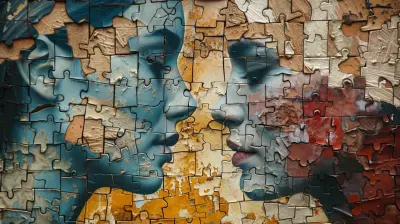The Role of Music in Brain Development for Kids
27 October 2025
Have you ever watched a child’s face light up when their favorite song comes on? It’s like magic, isn’t it? Their tiny feet start to tap, their hands clap, their souls seem to dance. But behind the giggles and wiggles is something truly extraordinary. Music does more than entertain—it literally shapes young minds.
We’re diving deep (but keeping it real!) into how music influences brain development in kids. So grab your headphones and let’s groove into the science, stories, and sweet symphonies that make music such a powerful tool in a child’s mental growth.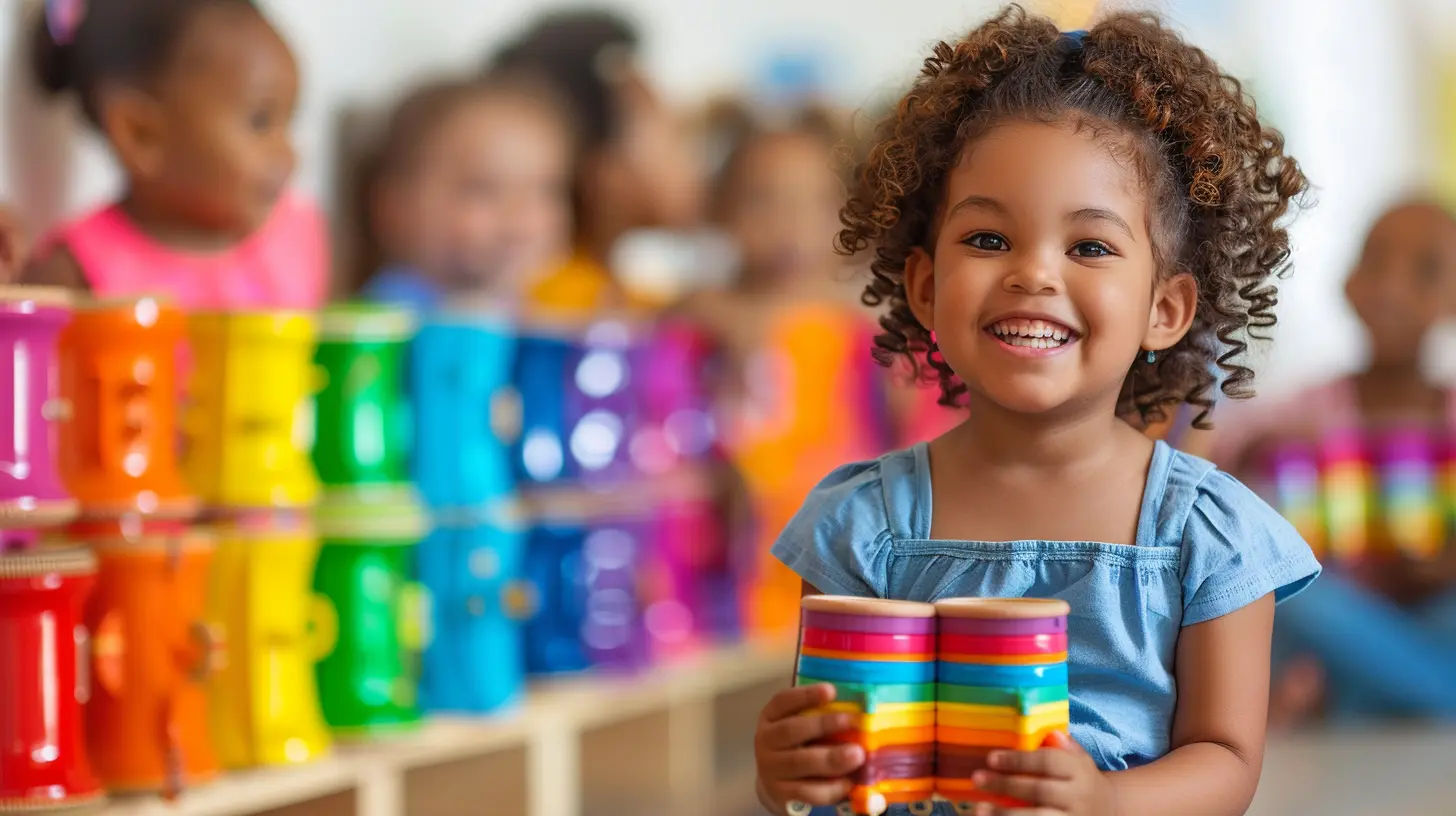
Music and the Brain: A Symphony of Growth
Let’s start at the beginning—literally. Even before a baby is born, their tiny ears are tuning in. Around 18 weeks in the womb, babies can start hearing. That lullaby Mom hums? It’s already making connections in the baby's brain.Music isn’t just noise; it’s a full-body mental workout. Just like lifting weights builds biceps, listening to music flexes various parts of the brain—especially in kids.
What Happens in the Brain When Kids Listen to Music?
It’s like watching fireworks. Multiple areas of the brain light up:- Auditory Cortex processes the sound
- Motor Cortex gets the body moving
- Hippocampus ties music to memory
- Prefrontal Cortex helps with decision-making and planning
- Amygdala brings the emotional feels
In simpler terms—when a child listens to or makes music, their brain is literally doing a thousand things at once. It’s developing neural pathways and strengthening connections that influence everything from language to emotional intelligence.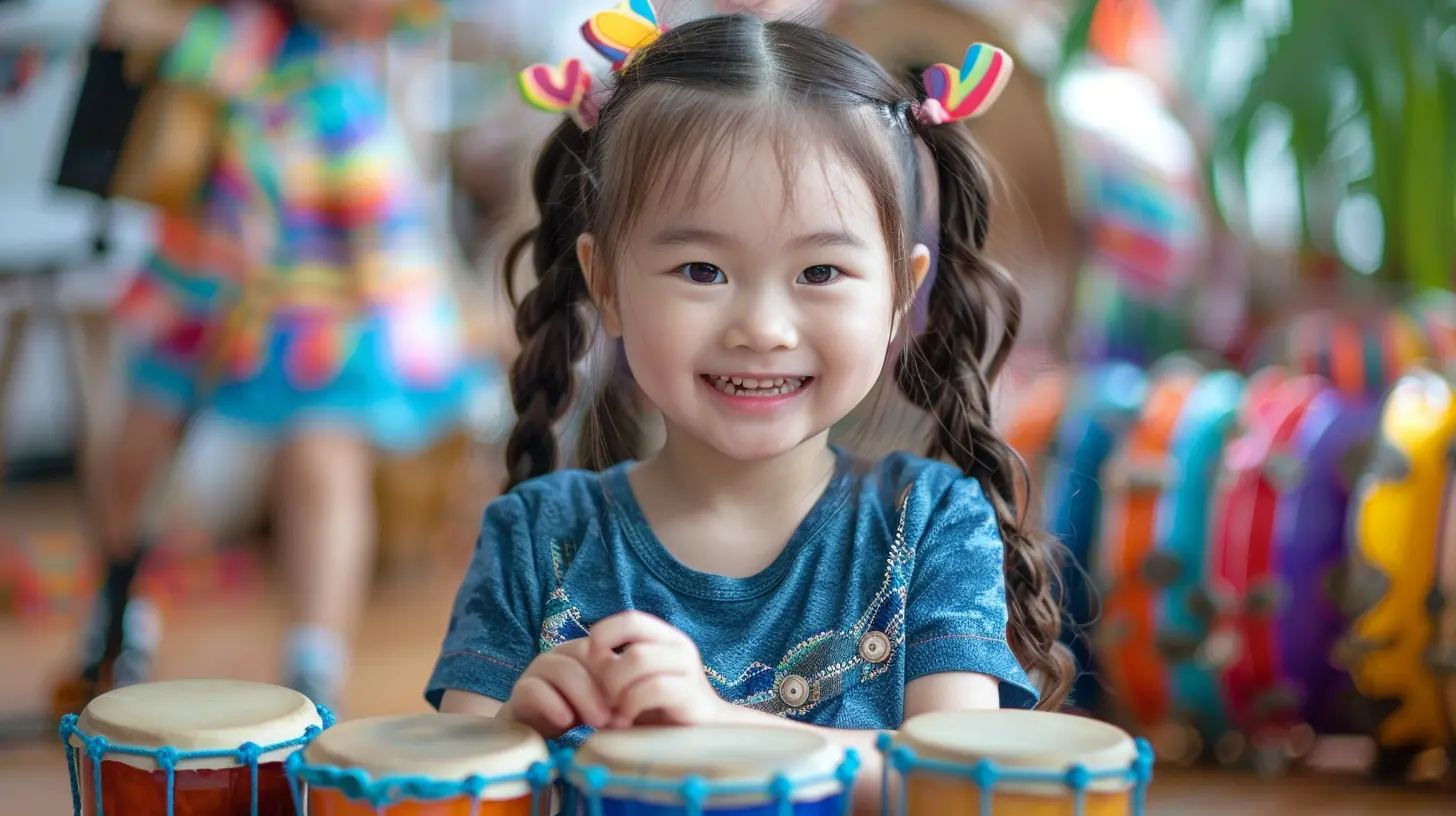
Music and Language: A Harmonious Relationship
Ever notice how nursery rhymes help kids learn to talk? It’s no accident. Music and language are besties in the brain.How Music Helps Language Development
- Rhythm and Rhyme: Songs are full of repetition, which helps children pick up sounds and words faster.- Pronunciation and Pacing: Singing teaches where to pause, how to emphasize words, and even how to pronounce tough sounds.
- Vocabulary Expansion: Songs introduce new words in bite-sized, catchy packages.
In fact, studies show that children who engage in music activities tend to score higher in reading and verbal tests. Pretty wild, right?
It’s like music is a life jacket in the sea of language—it keeps kids afloat while building real skills.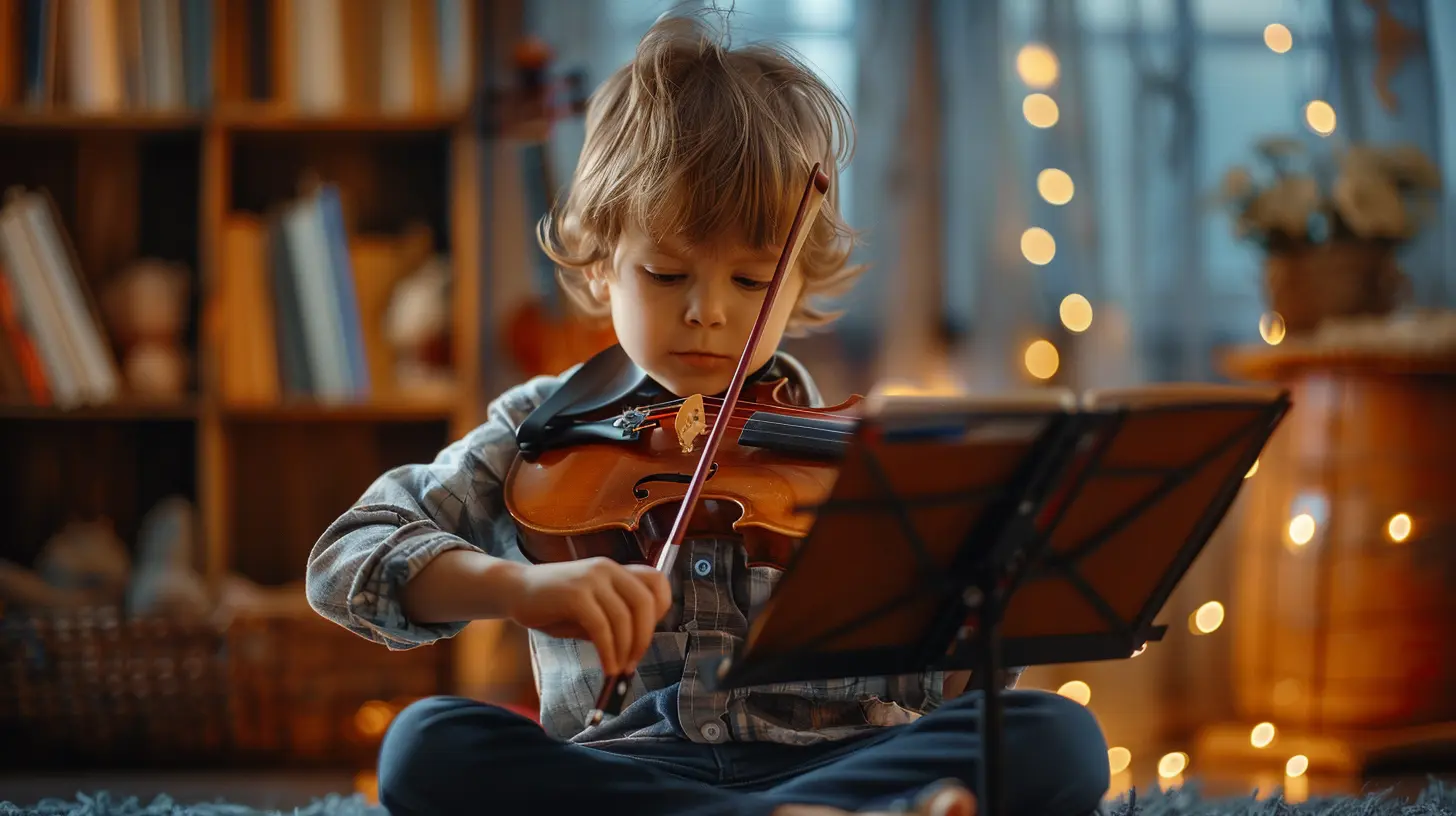
The Beat Goes On: Music and Motor Skills
Ever seen a toddler bounce to a beat before they can even talk? That’s not just cute—that’s brain-building stuff.How Music Improves Coordination and Motor Skills
- Body Movement: Dancing helps kids learn balance and control.- Instrument Play: Drumming, shaking a tambourine, or tinkering on a xylophone sharpens hand-eye coordination.
- Fine Motor Skills: Learning to play an instrument like the piano or violin boosts precision and timing.
Kids don’t even realize they’re learning—they just think they're having fun. But every beat they hit and every move they make is wiring their brain in beautiful ways.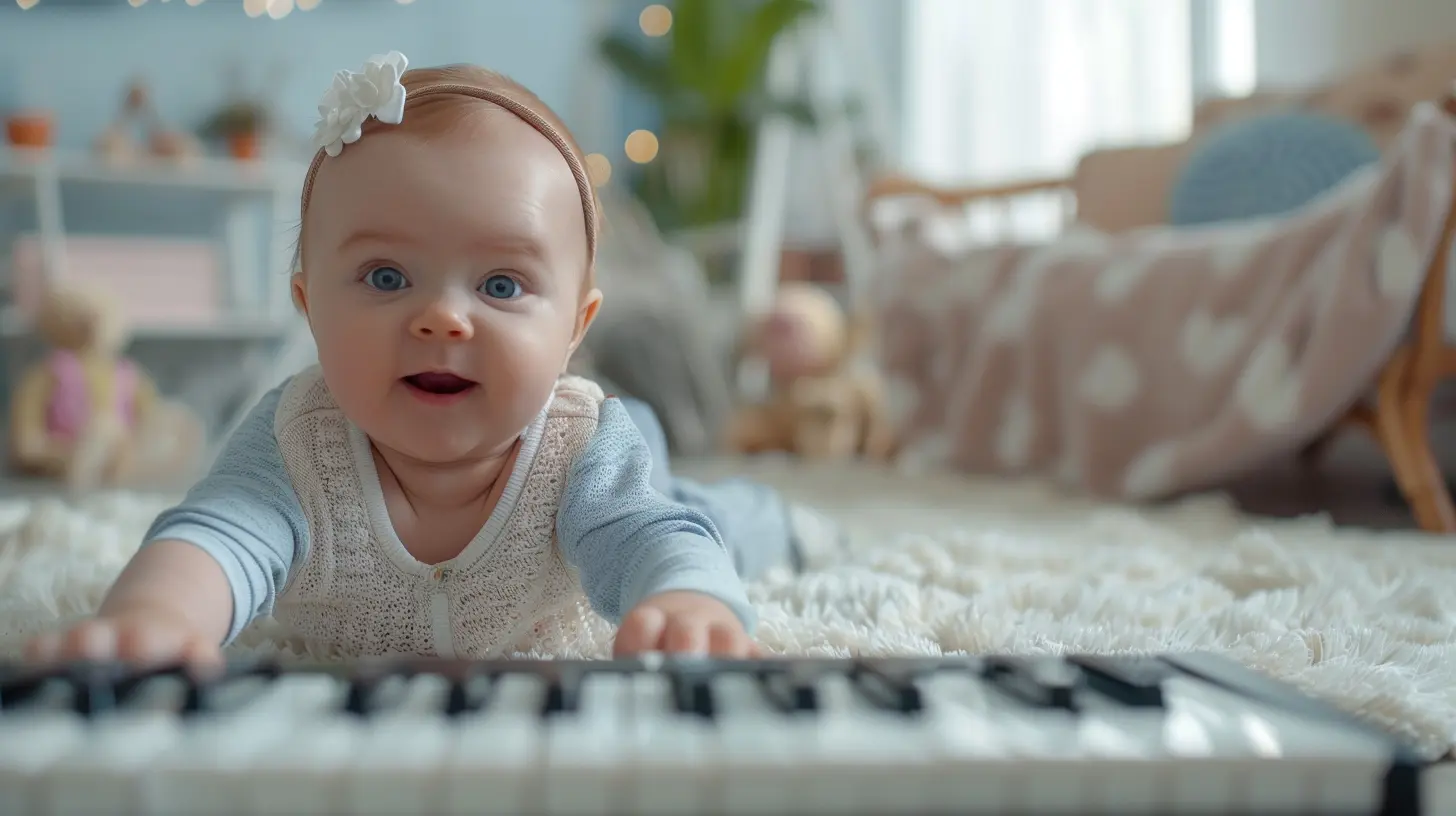
Emotional Intelligence: Music as a Heart Guide
Music hits differently when you're young. It’s often the first way kids make sense of their feelings. Happy songs, sad songs, silly songs—they all help children understand and express emotions.Music Builds Emotional Awareness
- Empathy: Hearing the emotion in music helps kids recognize feelings in others.- Self-Regulation: Calming music can soothe a fussy toddler or help a child wind down after a wild day.
- Confidence Boost: Performing for family or classmates teaches pride and reduces anxiety.
Think of music as an emotional lens—it helps children see and feel the world in richer, deeper colors.
Memory and Learning: Music as a Mnemonic Muse
Want your child to remember the planets, months of the year, or even their multiplication tables? Put it to a tune. Seriously. Music hacks the memory.Why Music Makes Stuff Stick
- Repetition + Melody = Retention: Repeating lyrics and melodies creates strong neural tracks. The brain loves patterns.- Associative Learning: Linking concepts to songs cements them into long-term memory.
That’s why we still remember those cheesy school songs decades later. Catchy tunes are sticky—they glue knowledge right into the system.
Creativity Central: Music Fuels the Imagination
Creativity is more than doodling and daydreaming—it's thinking outside the box, solving problems, and imagining new realities. Music feeds that creative spirit.Music Helps Grow a Creative Brain
- Inspires Storytelling: Music encourages kids to imagine scenes, characters, and emotions.- Supports Improvisation: Making up lyrics or rhythms teaches flexible thinking.
- Enhances Focus: Creating music requires attention and discipline, oddly enough.
It’s like rocket fuel for tiny imaginations. With music, a cardboard box isn’t just a box—it’s a spaceship, a castle, a stage.
Group Jam Sessions: Social Development Through Music
Music brings us together. From preschool sing-alongs to teen garage bands, making music in a group teaches invaluable social skills.How Music Builds Social Smarts
- Turn-Taking: Making music together teaches patience and timing.- Listening Skills: Kids learn to follow cues, adjust volume, and harmonize.
- Teamwork and Bonding: Shared music experiences create trust and cooperation.
Music is the universal playground—no need for the same language, just the same beat.
Music as Therapy: Healing Notes
For children with developmental delays, ADHD, autism, or trauma histories, music isn’t just helpful—it can be transformative.Benefits of Music Therapy
- Stimulates Nonverbal Communication: Great for kids who struggle with speech.- Encourages Positive Behavior: Routine-based musical sessions improve focus.
- Reduces Anxiety: Calming rhythms lower stress and boost mood.
Trained music therapists use rhythm, melody, and lyric to spark progress in ways traditional therapy sometimes can’t reach.
How Parents Can Bring Music Into Daily Life
You don’t need a grand piano or a perfect voice to give your child the gift of music. You just need to be intentional—and a little playful.Easy Ways to Make Music a Daily Habit
- Sing During Routine Tasks: Washing hands? Sing a silly song.- Create a Dance Break: One song after homework changes the mood entirely.
- Use Instruments (or Kitchen Pots!): Let them bang, shake, and strum.
- Story Songs: Make up tunes about their day or favorite toy.
It’s less about the notes and more about the experience. Presence beats perfection every time.
Does the Type of Music Matter?
Yes and no. Classical music has a rep for boosting brain power (thanks, Mozart Effect), but studies show that engagement is more important than the genre.Tips for Choosing Music for Kids
- Keep it Age-Appropriate: Lyrics matter.- Mix It Up: Introduce jazz, classical, world music, and rhythms from different cultures.
- Be a Role Model: Let kids see you enjoying music too.
When a child connects to a tune—whether it’s Beethoven or Baby Shark—that’s when the magic ignites.
A Final Note: The Brain’s Musical Journey
Let’s be honest: parenting is overwhelming. But here’s the good news—music is one of the easiest, most joyful ways to support your child’s brain development.It doesn’t require fancy tools or formal lessons (though those are great too). It just takes rhythm, repetition, and love. When you share music with your child, you're not just making memories—you're building their mental foundation, brick by melodic brick.
In a world full of noise, let’s raise kids who are tuned in—mind, body, and soul—to the power of music. Because when their brains dance, their hearts follow.
So go ahead. Press play. Sing with them. Dance in the kitchen. Music is magic—and your child’s brain is the stage.
all images in this post were generated using AI tools
Category:
Child DevelopmentAuthor:

Alexandra Butler
Discussion
rate this article
1 comments
Zeke McCool
In the symphony of youth, melodies weave, Cradling tender minds, where dreams conceive. Notes dance through neurons, sparking delight, Nurturing growth in the soft, morning light. Let music guide their journey, a harmonious start, Unlocking the wonders of each open heart.
October 27, 2025 at 5:05 AM

Alexandra Butler
Thank you for your poetic reflection! It beautifully captures the transformative power of music in nurturing young minds and fostering their development. I appreciate your insights!
